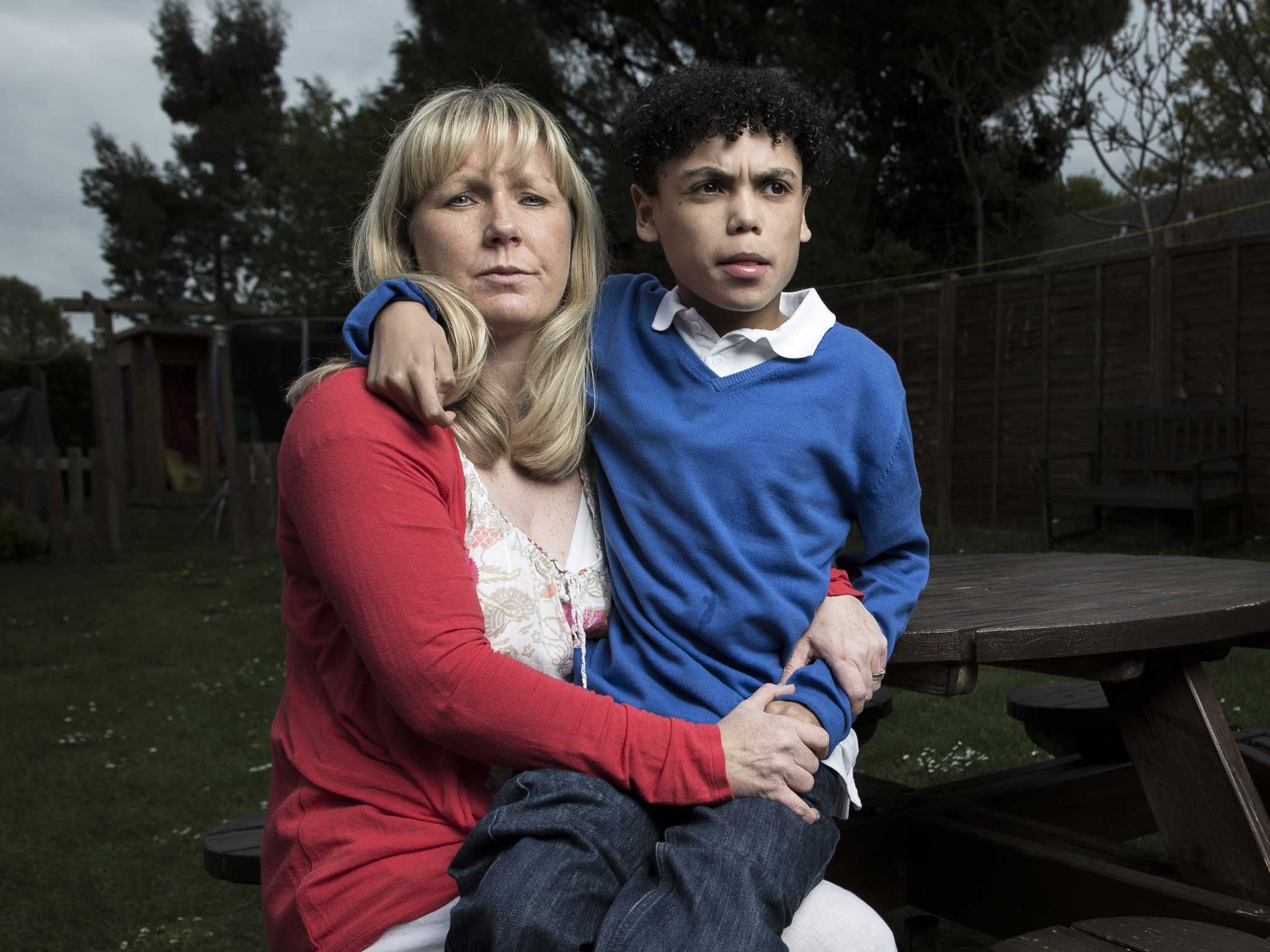Britons show Victorian attitudes to epilepsy as children who suffer from the condition are accused of being 'possessed'

Your support helps us to tell the story
From reproductive rights to climate change to Big Tech, The Independent is on the ground when the story is developing. Whether it's investigating the financials of Elon Musk's pro-Trump PAC or producing our latest documentary, 'The A Word', which shines a light on the American women fighting for reproductive rights, we know how important it is to parse out the facts from the messaging.
At such a critical moment in US history, we need reporters on the ground. Your donation allows us to keep sending journalists to speak to both sides of the story.
The Independent is trusted by Americans across the entire political spectrum. And unlike many other quality news outlets, we choose not to lock Americans out of our reporting and analysis with paywalls. We believe quality journalism should be available to everyone, paid for by those who can afford it.
Your support makes all the difference.One in five children who suffer with epilepsy has been accused of being “possessed” after having a seizure, according to shocking new research.
Britons’ Victorian attitudes to the condition are exposed in a report published by the charity Young Epilepsy.
It finds that over three quarters of people of all ages have experienced discrimination as a result of their epilepsy. More than 40 per cent of children have experienced discrimination or exclusion from their peers, and almost a third have faced discrimination from teachers.
In addition, two fifths have faced discrimination from strangers, and 8 per cent by doctors and medical professionals, according to polling for Young Epilepsy by Opinion Matters.
Negative reactions from others after a child suffers a seizure include being told being told that epilepsy is contagious, which happened to a third of affected children, and being asked if they could speak to spirits, which occurred to 18 per cent.
David Ford, chief executive of Young Epilepsy, said: “It’s a level of prejudice more akin to 1913 than 2013. We knew there was some discrimination but we had no idea it was on this scale.”
Conservative MP Laura Sandys said: “I’m epileptic and I know from personal experience that this is what people think.
“There’s been a sea-change in people’s perceptions of most disabilities, but epilepsy still seems to be seen as something you keep quiet about; it still hasn’t shaken off that perception that you’re somehow possessed by the devil or demonised.”
Ms Sandys, who is chair of the All-Party-Parliamentary Group on Epilepsy, said: “There have only been two MPs who have declared their epilepsy, but statistically there should be another four.”
Experts are concerned that this prejudice means that children with epilepsy are less inclined to be open and discuss their condition, something which could have serious health implications.
This guardedness continues into later life, with 55 per cent of those adults who were questioned in the survey saying that they never disclose their epilepsy to new people because they fear a negative reaction from them.
Professor Helen Cross, Prince of Wales chair of childhood epilepsy at University College London and Great Ormond Street Hospital, said: “These high levels of prejudice have a huge impact on how children can manage their condition. If you’re worried about being bullied then you don’t want to talk to people about it, which means you don’t have buddies who know what to do if you have a seizure.”
She added: “Epilepsy is as common as diabetes, and in childhood it’s more common, but while I bet every schoolchild can name someone they know with diabetes, I’m sure that’s not the case with epilepsy.”
Case study: Elliot Harden, 11
Julie Harden from Oxted, Surrey, is mother of Elliot, 11, who suffers from a life threatening form of complex epilepsy
“Some people are really quite nasty about epilepsy. In conversations Elliot has been called ‘a retard’, ‘mad’, ‘not right’ and ‘that scary boy’. Even coming into my house people jump back from him as if they’re worried they’re going to be attacked.
I’ve got friends who won’t come round to our house with their children because they’re scared of what they might see. One time my other son Cameron, who is 8, was playing with other children upstairs. Elliot came up to see them and the other children ran away downstairs.
One of my neighbours even bangs on the wall saying ‘f-ing this and that’ when Elliot is having a seizure and fighting for his life. Another neighbour ran out of the house when he had a seizure.
Join our commenting forum
Join thought-provoking conversations, follow other Independent readers and see their replies
Comments